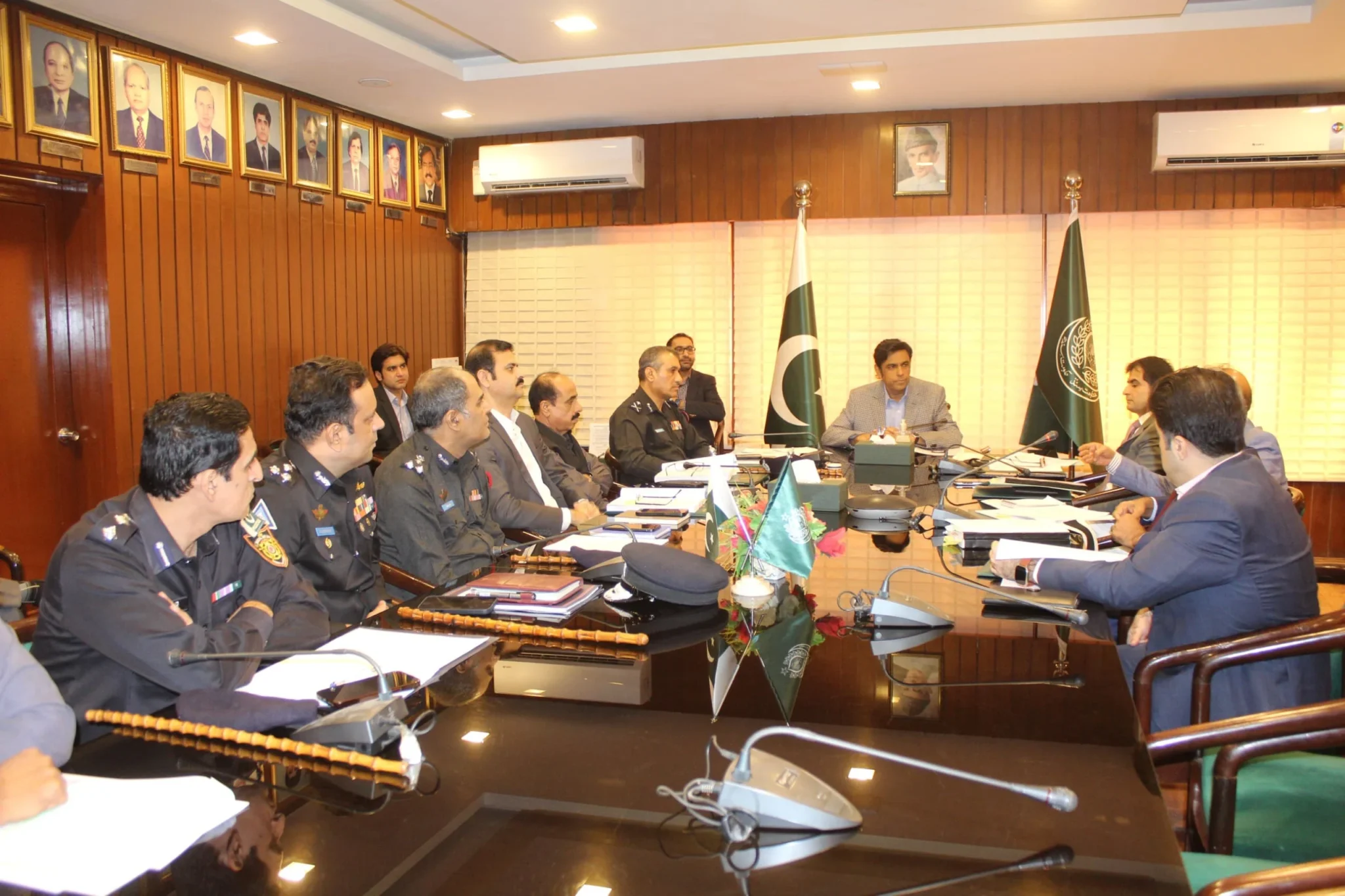In a major step towards strengthening the law enforcement framework, the Sindh government has announced the recruitment of 2,000 Assistant Sub-Inspectors (ASIs) for the police investigation wing. The decision, aimed at improving the province’s investigative capacity and justice system, was taken during a high-level meeting chaired by Sindh Chief Secretary Asif Hyder Shah.
High-Level Meeting to Strengthen Investigations
The meeting was attended by Inspector General (IG) Sindh, the Additional Chief Secretary for Home, the Secretary Services, and several senior officials. Discussions revolved around challenges facing law enforcement in Sindh, particularly the gaps in investigative processes that often delay justice and weaken public confidence in the system.
Chief Secretary Asif Hyder Shah emphasized that improving the investigation wing of the police force is a critical reform measure. He stated: “Enhancing the investigation system within the police will boost public trust. This is a key step toward improving the investigative capabilities of the police force.”
Focus on Swift Justice and Crime Reduction
The Chief Secretary further explained that an efficient and well-equipped investigation system can play a pivotal role in ensuring swift justice for citizens. By strengthening the investigative arm, law enforcement can more effectively track criminals, reduce delays in prosecution, and ultimately lower crime rates across Sindh.
He also directed that any obstacles in the recruitment process for the new ASI Investigation officers should be addressed immediately, ensuring a transparent and timely hiring procedure.
IG Sindh Highlights Benefits of New Recruitment
Supporting the decision, the IG Sindh underlined that hiring a new cadre of ASIs dedicated to investigations will significantly improve the quality of police work. He remarked: “Improved investigations will ensure timely justice and stronger action against criminal elements.”
The IG added that a larger, better-trained team within the investigation wing will help law enforcement agencies respond more effectively to complex cases, from routine street crimes to organized criminal activity.
Integration with Counter-Terrorism Efforts
The announcement comes soon after the Counter Terrorism Department (CTD) Sindh compiled a new edition of its “Grey Book.” This updated dossier includes the profiles of 81 highly wanted suspects involved in a wide range of serious crimes, including murder, attempted murder, kidnapping for ransom, police encounters, and armed robberies.
Authorities plan to circulate the Grey Book 2 widely among law enforcement officers across the province. Officials believe the updated intelligence resource will significantly aid in the identification and arrest of dangerous criminals, and the addition of 2,000 ASIs will further enhance the effectiveness of such operations.
Strengthening Law Enforcement Capacity
Recruiting 2,000 ASIs dedicated to investigations represents a substantial increase in manpower for the Sindh Police. This step is expected to:
- Increase the number of specialized officers focusing solely on investigations.
- Allow for better training and use of modern techniques in solving cases.
- Reduce the burden on existing officers who are often overextended.
- Improve collaboration between investigation units and counter-terrorism forces.
By creating a more professional and structured investigative system, the Sindh Police aim to restore public trust and reinforce accountability in the justice system.
Public Trust and Justice as Core Objectives
The Sindh government has consistently highlighted its commitment to improving the rule of law and ensuring that justice is not delayed due to poor investigations. With the launch of this large-scale recruitment, the administration hopes to send a clear message that swift and effective justice is a priority.
Law enforcement leaders believe that stronger investigations not only deliver justice to victims but also serve as a deterrent against criminal activity. By increasing the efficiency of case handling, suspects can be brought to trial faster, and communities can feel safer knowing that crimes are being tackled effectively.
